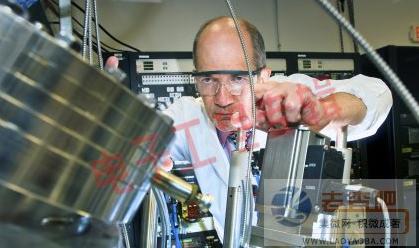
Privacy statement: Your privacy is very important to Us. Our company promises not to disclose your personal information to any external company with out your explicit permission.
 A rational interpretation of the superconducting resistance prompted the United States Department of Energy (DOE) affiliate Brookhaven National Laboratory to create a perfect atomic-scale ultrathin film that accurately demonstrated the transition from an insulator to a superconductor.
A rational interpretation of the superconducting resistance prompted the United States Department of Energy (DOE) affiliate Brookhaven National Laboratory to create a perfect atomic-scale ultrathin film that accurately demonstrated the transition from an insulator to a superconductor. August 12, 2024
According to a report recently organized by the American Physicists Organization Network, Swiss scientists said that by 2017, tunnel FETs using quantum tunneling technology are expected to reduce the...
At the beginning, let's talk about SCR first. SCR can be divided into one-way SCR and two-way SCR. The unidirectional thyristor has three pins: anode A, cathode middle and control pole G. The...
In recent years, IBM has been looking for semiconductor materials that will continue Moore's Law. On July 10, 2014, IBM announced that it will invest 3 billion US dollars to develop 7nm chips in the...
Carbon nanotubes are a very good physical property. They have both strong mechanical properties and are quite good at carrying electrons. IBM researchers have created carbon nanotubes with a size of...
Email to this supplier
August 12, 2024

Privacy statement: Your privacy is very important to Us. Our company promises not to disclose your personal information to any external company with out your explicit permission.

Fill in more information so that we can get in touch with you faster
Privacy statement: Your privacy is very important to Us. Our company promises not to disclose your personal information to any external company with out your explicit permission.